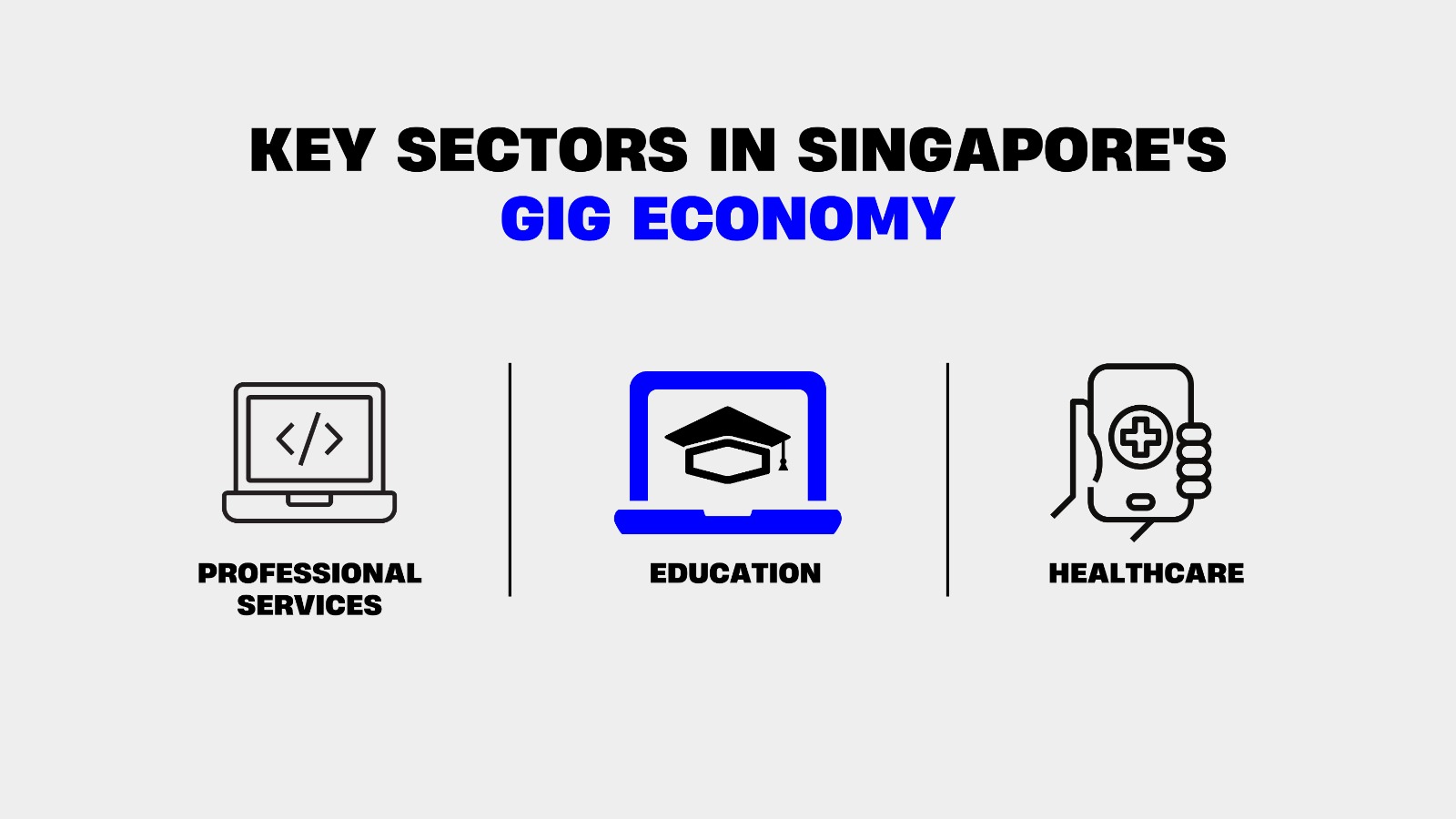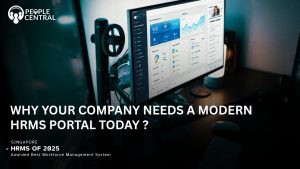Singapore’s streets are alive, not just with the usual busyness along the CBD but are populated by a whole new band of workers who are ushering in a peculiar and more recent brand of work in town. From food delivery delivery riders motoring along Orchard Road to freelance designers working out of hip cafes in Tiong Bahru, the gig economy has woven itself into the very fabric of the economy that is Singapore.
A Survey Tracking the Gig Economy
According to MOM, real median income in Singapore grew 3.4% in 2024, gap with lower-wage workers narrows: MOM This marks a huge increase since earlier years and confirms the growing acceptance of flexible working arrangements.
The COVID-19 pandemic proved to be a powerful trigger to help map the rise of gig work across multiple sectors. The situation, which was once a necessity during the lockdown, has become a preferred option for many Singaporeans in postgraduate life in search of better work-life balance and extra sideline incomes. This transformation has been apparent mostly in our heartlands as many home businesses and freelance services got underway.
Key Sectors Nurturing the Gig Economy
The gig economy in Singapore is expanding past its typical ride-hailing and food delivery services. As of today, there are several key sectors that are witnessing a rise in gig-work activities:
- Professional Services: The ability to connect through platforms like Upwork and local alternative FastCo has made room for professionals providing services in IT, consulting, and creative fields. Reports have indicated that an increase led digital platform gig workers to fetch more dollars. From data analysts to digital marketers, all sorts of professionals are discovering fresh opportunities to monetize their skills on their own agendas.
- Education and Tutoring: In Singapore, the mainstay of the educational bloc can transform online tutoring into a modern-day gig. Demand for private tutoring and the online creation of educational content has seen a strong ascent. Digital classrooms have permitted educators to contact students island-wide.
- Healthcare and Wellness: The pandemic has sparked demand for telehealth services and mobile healthcare professionals, creating new opportunities for healthcare workers to participate in the gig economy. Mental health counselors, fitness trainers, and wellness coaches are increasingly adopting flexible working arrangements to serve their clients.

Challenges and Opportunities
There will always be flexibility and independence in the gig economy, but it must also be acknowledged that there will be challenges to face. The Singapore government has rather proactively shown resolve to counter such issues:
Worker Protection
The Singapore government has undertaken various mechanisms to protect gig workers, including the guidelines on fair treatment and dispute resolution mechanisms. The aim is to make the gig economy sustainable. Key considerations include retaining flexibility without undermining the fundamental rights and entitlements of workers.
Skills Development
To put gig workers on par with their counterparts in other sectors, SkillsFuture Singapore has introduced various specialized courses such as digital marketing, financial management, and the like. With the job market, unfortunately, still evolving, the courses are meant to keep the workers on their toes and alert. The play of relearning has captured great interest in an environment in which multilingualism proves an asset in many sectors.
Also Read: Strategies for Engaging Managers in Training Initiatives
An Outlook into the Future
The future of the gig economy for Singapore holds tremendous promise, with a plethora of concurrent trends:
AI Integration
Artificial intelligence is gaining more importance, especially in the matching of gig workers to opportunities that arise. Local platforms are investing in smart algorithms that enhance job matching efficiency. These technological advancements are enabling workers to easily find relevant opportunities, and companies to have access to their talent with ease.
Hybrid Work Models
Traditional companies continue to adopt hybrid models- incorporating gig workers in their workforce. This trend is likely to persist thereby enhancing the flexibility in filling in staffing requirements for organizations. The lines between traditional employment and gig work are blurring, leading to new opportunities for both workers and employers.
Government Support
The government of Singapore also continues to make adjustments to ensure that workers are protected as policies are developed regarding the gig economy such as allowing initiatives in the contribution to the Central Provident Fund and healthcare. It is focused on building a framework fostering innovation and social protections.
Digital infrastructure
Singapore’s strong digital infrastructure continues to evolve, definitely enabling a strong foothold for the gig economy. High-speed internet connectivity, digital payment systems, and the technological backbone of the city-state are certainly providing robust support upon which gig workers can build their careers.
Also Read: Singapore Employment Law | What Employers Need to Know
Conclusion
Singapore’s gig economy is not a trend but a deep-seated transformation in the way we regard work. Going forward, the future of success would hinge on balancing flexibility and opportunities of those engaged in gig work versus providing adequate protection and support for the workers.
For these businesses, it means accessing much broader talent pools and greater operational flexibility. In contrast, it offers workers an opportunity for greater autonomy allowing them the freedom to choose when, where, and how they work. As Singapore progresses in its efforts to adapt its legal framework and support systems, it would become an even more important part of our economic landscape.
The new age of work is shoulders above-the-most-flexibility in character, more digital, and more diverse than ever before-and even now through the new terrain, Singapore’s advanced approach towards the gig economy could model other states engaging in this economic evolution.








 5
5


























